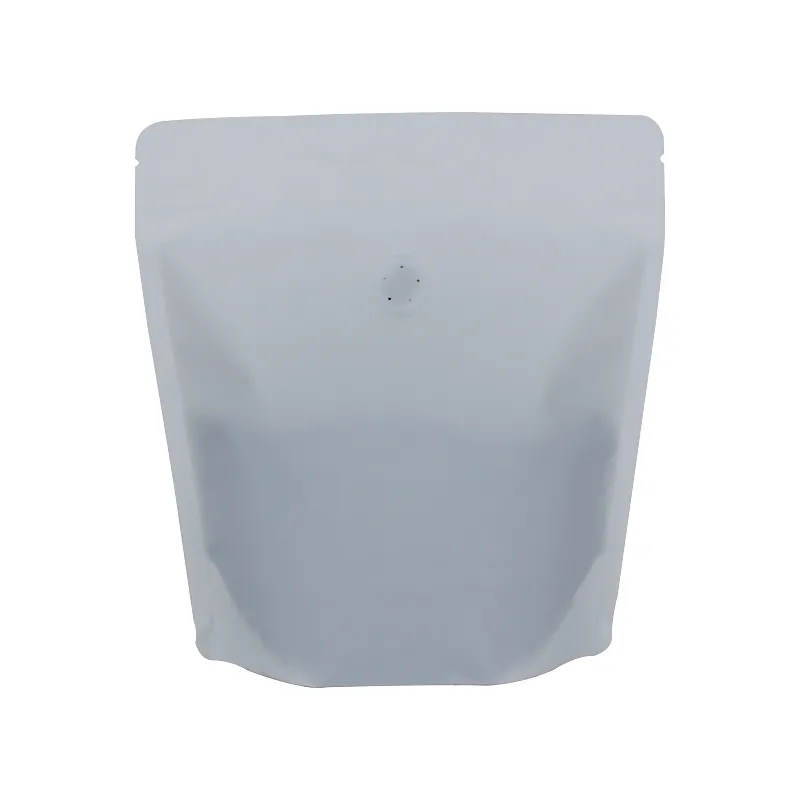Effective and Versatile Clay Desiccant Solutions for Moisture Control in Various Applications
The Benefits and Applications of Clay Desiccants
In various industries, maintaining optimal humidity levels is crucial for preserving the integrity of products and processes. Excess moisture can lead to spoilage, mold growth, and degradation of materials. To combat these issues, many manufacturers and consumers turn to desiccants—substances that absorb moisture from the environment. Among the various types of desiccants available today, clay desiccants have emerged as a popular choice due to their effectiveness, environmental friendliness, and versatility.
What Are Clay Desiccants?
Clay desiccants are naturally occurring minerals that possess hygroscopic properties, meaning they can absorb moisture from the air. The most common type of clay used for this purpose is bentonite clay, which is known for its high surface area and porous structure. These characteristics enable bentonite clay to effectively capture and retain moisture, making it an ideal solution for applications requiring humidity control.
Advantages of Clay Desiccants
1. Eco-Friendly One of the standout features of clay desiccants is their environmental impact. Being a natural mineral, clay desiccants are non-toxic and biodegradable, resulting in minimal environmental harm when disposed of. This makes them a favored option for companies seeking sustainable practices and environmentally friendly products.
2. Cost-Effective Clay desiccants are relatively inexpensive compared to other desiccant materials such as silica gel or molecular sieves. The affordability of clay makes it accessible for various businesses and consumers, from large manufacturers to small-scale operations.
3. Wide Range of Applications Clay desiccants can be utilized in numerous settings, including packaging, shipping, and storage. They are commonly found in packaging for electronics, food products, pharmaceuticals, and even clothing. Their versatility extends beyond industrial use; consumers can find clay desiccants in household products to keep moisture at bay in closets, basements, and storage areas.
4. Long Shelf Life Another advantage of clay desiccants is their longevity. Unlike some other desiccants that may need to be replaced frequently or lose effectiveness when saturated, clay desiccants can be reactivated by heating, allowing them to be used repeatedly over time. This characteristic contributes to their cost-effectiveness and sustainability.
clay desiccant

5. Non-Corrosive Clay desiccants do not contain harmful chemicals or corrosive substances, making them suitable for sensitive applications where exposure to moisture-sensitive materials is a concern. Their safe composition assures users that they won’t damage goods or materials during storage.
Applications of Clay Desiccants
Clay desiccants find utility across a wide variety of industries
- Food Packaging In the food industry, maintaining freshness and preventing spoilage are of utmost importance. Clay desiccants are used in food packaging to absorb moisture and prevent mold growth, thereby prolonging shelf life.
- Electronics For electronics manufacturers, controlling humidity during storage and shipping is critical to prevent corrosion and failure. Clay desiccants help maintain a stable environment, safeguarding sensitive components.
- Pharmaceuticals In the pharmaceutical sector, moisture can compromise the potency and effectiveness of medications. Clay desiccants are essential for protecting these products during transport and storage.
- Textiles and Apparel A common application in the textile industry, clay desiccants help prevent mold and mildew in cotton and other fabrics, maintaining quality and appearance during transport and storage.
Conclusion
In an age where sustainability and product integrity are paramount, clay desiccants offer a practical and environmentally friendly solution to moisture management challenges. Their effectiveness, versatility, and cost-efficiency make them an attractive option for a wide array of industries. As businesses continue to prioritize eco-conscious practices, the demand for clay desiccants is likely to grow, solidifying their place as a staple in moisture control solutions. Whether in industrial applications or household uses, clay desiccants prove their value by ensuring that products remain safe, effective, and environmentally sound.













